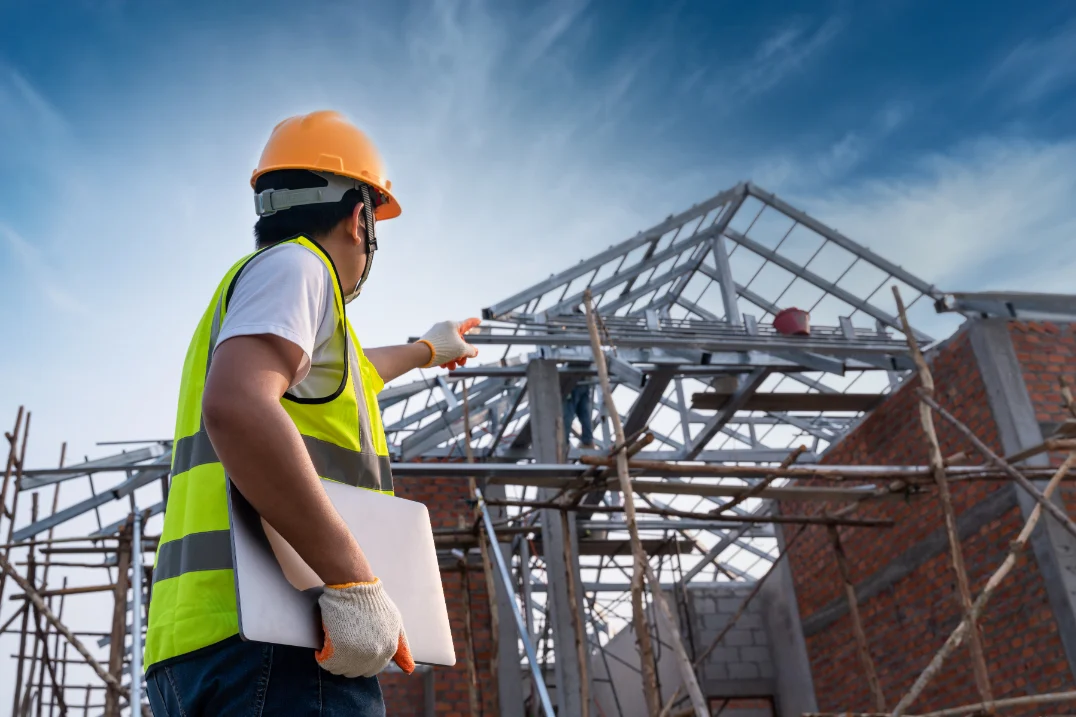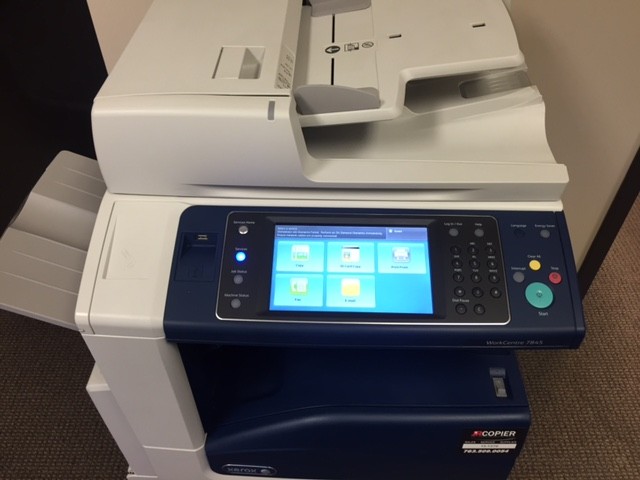As a commercial building owner, you already know that it is crucial to prioritize the compliance, structural integrity, and safety of property. In that case, inspecting commercial buildings will come in handy to maintain your property.
What a Commercial Building Inspection Is
It is an evaluation of properties, often used for a commercial purpose to make a profit from rental income or business operations. Commercial properties may include restaurants, office buildings, factories, retail, cafes, and warehouses. Because leasing or buying a commercial building is one of the greatest investments you can make, it is necessary to take the steps of inspecting the property.
The Basics
Qualified experts are responsible for conducting these inspections to evaluate the performance and conditions of buildings. The inspections cover structural components, like plumbing, electrical, and HVAC systems. They may also involve evaluating safety systems and using tools, such as an air leak detector to know areas with issues and fix them before they worsen. Then, the experts provide a detailed and impartial report that highlights areas of concern or defects, estimating the potential implications and costs of those issues. With this kind of transparency, investors get empowered to effectively budget, plan, and negotiate while ensuring continuity of business and safety for every occupant.
How Regularly to Carry out Inspections
How often to inspect your property depends on several factors, like number of occupants and property size. Generally, it is advisable to do the inspections two times per year. But if you have a bigger building with many occupants, you might want to do the inspection more regularly. Apart from conducting regular inspections, it would be best to do the evaluations after and before the occupants move out and into the unit. This will help to ensure that damages that the previous occupants caused are identified as well as addressed, making sure new tenants move into a safe and clean unit.
What’s included in the Inspection?
Mainly, inspection of commercial buildings focuses on three major parts. These parts include the following:
- Utilities – These comprise six major systems, including ventilation, air conditioning, plumbing, heating, mechanical, and electrical. Although some of these systems might seem small, they may cost you a lot when they get damaged. Through the inspection, an inspector will ensure everything is in order, note down repairs, and even establish the associated costs.
- Building exterior – This comprises roofs, foundations, outside walls, and even parking lots. Through roofing and construction experts’ help, inspectors will have to ensure their properties are structurally sound and then alert you to potential risks.
- Property interior – You must assess the interior of the building to determine potential safety risks. Ensure the inspection follows the safety codes to ensure businesses operate without any hitches.
- Documentation and reporting – Once the inspector is done with the inspection, they need to verify the documentation of the building to ensure everything is under control. This includes building plans, emergency evacuation plans, construction permits, certifications, citations, and appraisals. Afterward, the expert will compile their findings in a PCR (property condition report). The report must feature the necessary photographs and findings for certification and proof.
Benefits of Inspecting Commercial Buildings
Inspecting commercial buildings helps both buyers and owners have a grasp of the maintenance and work properties require. The most common benefits of inspecting commercial properties include the following:
-
Prevent Costly Repairs and Issues
Parts of a building may experience extreme cold, which most of the time raises red flags for commercial properties. Such an extreme temperature may result in water damage, burst pipes, and frozen pipes. Plus, it is costly to fix any water damage. But with the help of an inspector, you can prevent these issues from becoming costly. Through inspection, you will be able to identify issues early before they turn into serious problems, requiring extensive maintenance.
-
Longevity
Consider inspections as health checkups for commercial buildings. Businesses may avoid costly repair expenses by simply identifying potential problems early. A commercial building inspection is an unsung hero. It ensures commercial edifices are optimal and operational. It doesn’t just guarantee compliance and safety. It also gives stakeholders peace of mind, knowing that their establishments can stand on solid ground.
-
Improve Property Value
Appreciation of a commercial property depends on the overall condition and location of a building. Although you might be unable to choose your building’s location, you have full control over the property’s condition. Inspecting the building regularly will enable you to make a continuous change, which in turn increases the investment value.
-
Increase Safety
Inspecting the building is important for ensuring everyone in the building is secure and safe all the time. That includes you, your clients/customers, employees, and independent contractors. As a property owner, you don’t just have the moral responsibility of inspecting the building. It is also financially important. For instance, when wiring or electrical issues go unnoticed, they might result in fire, destroying everything that you ever worked for. Moreover, if your property causes injuries or harm because of being unsafe, you will be held accountable. It is a common occurrence for people to sue building owners for the injuries they get on their properties.
-
Stay Compliant with the Building Regulations and Codes
Commercial properties in most places are subjected to the necessary local building rules and regulations. These codes cover various aspects, including accessibility, electrical systems, fire safety, structural design, and plumbing systems. Apart from these local rules and regulations, your building should also comply with the building codes of the state. Every state has a set of codes, which get updated periodically – so it is important to be familiar with them.
-
Ensure Roof Integrity
The roof is among the most important parts of a building. It helps to protect the internal structures from external elements. Therefore, roofs in disrepair may result in structural and internal water damage, which might significantly impact the building’s integrity. Water may result in harmful mold, pests, drywall rots, and wood rot. Through inspection, an inspector will assess the roof’s integrity and determine whether it requires repairs.
The bottom line is that inspecting commercial buildings is an important part of acquiring a property. It gives invaluable insights into the condition of a building, helping you protect the entire investment.



